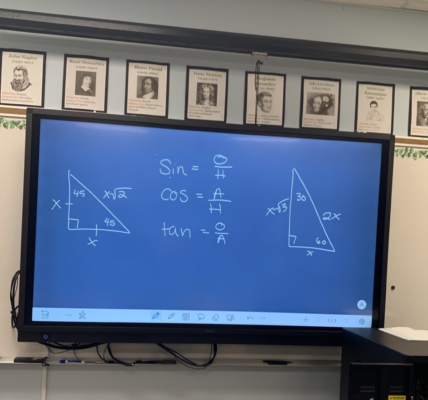By James Grossmann
A few changes to the Florida education system have been proposed in the state legislature for the 2022-2023 school year. In no particular order, several of the changes are listed below.
- Florida is moving to pass SB 148, an “individual freedom” bill with the aim of prohibiting activities that advance any concept in the topics of “race, color, sex, or natural origins” to students. The reason for the proposal of this is to prevent “discrimination.” The bill is now favorable with six yeas and three nays.
- HB 125 aims to raise the required age for compulsory school attendance from 16 to 18 years old. The bill will also remove the requirement for parents to sign in the case that a student wishes to drop out of high school and remove the requirement that a district notifies a parent in such a case. The aim of the bill is to increase the minimum age in which a student can drop out to 18, likely in an attempt to lower the number of students who do not complete high school. The bill has had its first reading in the house.
- SB 698 would require freshmen entering high school to submit a Free Application for Federal Student Aid (FAFSA) in order to be awarded a standard high diploma. However, a student can be exempted if they write a letter to FAFSA declining to apply for financial aid, with the goal of making postsecondary education more affordable for families. The bill has been introduced to the senate.
- Under SB 480, school districts will be required to offer “social media literacy” education to students. Districts will be required to “make social media literacy instructional material available online.” The goal of the bill is to make information about social media available to students and parents so they can make be informed about how social media works and the risks behind using it. The bill has been favorable to all subcommittees it has been introduced to and how now been introduced to the senate.
- Under SB 1048, Florida State Assessments (FSA) will begin to transition away from time-consuming exams and into “progress monitoring,” with an emphasis on making timely results available to parents and teachers. Progress monitoring will likely consist of several shorter exams spaced throughout the year. The bill is favorable in appropriations with 18 yeas and zero nays.
- Florida has defined the minimum requirements for drills in SB 670 as four fire drills and six emergency drills throughout the year for public schools to ensure preparedness in the event of an emergency. The bill has been introduced to the senate.





